Hospital management software has emerged to be a key enabler for change in the hospital’s environment in terms of managing processes and redesigning their experiences of patients and staff. Technology has a tremendous potential of providing better care to the large number of patients which can be easily managed by hospitals through digital tools. Viewed from the side of the healthcare providers, hospital management software is the chance to get rid of time-consuming routine work, cut costs of operation, and enhance the quality of services provided.
In this guide, we look at precisely what makes hospital management software so transformative, what the major core functions of the system are, and how you can choose the right software. Thus, the comprehension of hospital management software possibilities is crucial for healthcare officials and administrators of the facility, which is willing to enhance its performance and results for patients’ treatment.
Understanding Hospital Management Software
Hospital management software is an all-inclusive and functional solution that helps streamline a healthcare facility and manage functionality that it performs daily. As a comprehensive solution hospital management software spans many areas such as patient records, billing, inventory and continues to provide tools to address numerous administrative, clinical and financial issues. This coordination enables the hospitals to enhance cohesion, compliance and ultimately enhance the quality of healthcare that patients receive.
Core Features of Hospital Management Software
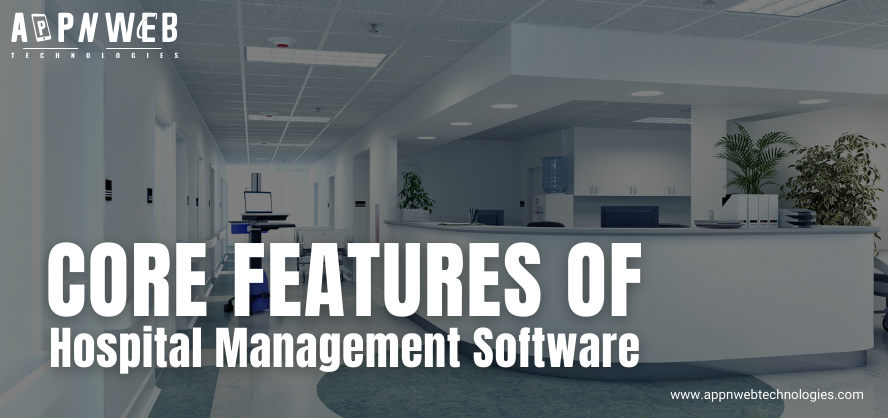
Appointment Management Appointment booking, patient arrival, and registration plus records are core to the hospital management software. Appointment generation enables a shorter time between appointments, and optimised registration systems contribute to the patients and healthcare organisations’ satisfaction.
Real Time Data Management: Real time digital records depicting the health status of a patient are provided by Electronic Medical Records. The easy retrieval of patient information can be most beneficial especially in emergencies since it is not advisable to make a fresh history on the patient during an attack.
Accounts Receivable: Outsourced billing, insurance claims, and revenue cycle management are some of the key hospital management software features which eliminate any possibility of billing mistakes and keep revenue generating processes such as billing, insurance, and other receivables smoothly flowing into the hospital.
Inventory and Pharmacy Management: Tracking of inventory in real time makes sure that sometimes vital and other times essential items such as medicines are always in stock. Managing pharmacy within the hospital management software allows efficient monitoring of inventory and up to par with storage and utilisation standards.
Advantages of Hospital Management Software System
Enhanced Patient Care
Being able to make patient record accessibility and coordinate care, hospital management software allows the healthcare providers to provide a better and more accurate treatment.
Operational Efficiency
Hospitals process thousands of documents, business transactions and patient record encounters everyday. By automating these processes, we reduce time wasted by the staff on paperwork and also the time that patients waste waiting for their files to be sorted through.
Data Security and Compliance
Security of the information involved in health care is very critical. A good hospital management software would contain some security features designed to enhance the protection of other identifiable patient details and abide by the legal standards of conduct like the HIPAA set down by the government.
Improved Financial Management
Correct invoicing and managing of the overall revenue cycle decreases the overall variance, hence improving finances. It also reduces rejections of claims, which is crucial to the fiscal performance of the hospital.
How to Select the Best Hospital Management System
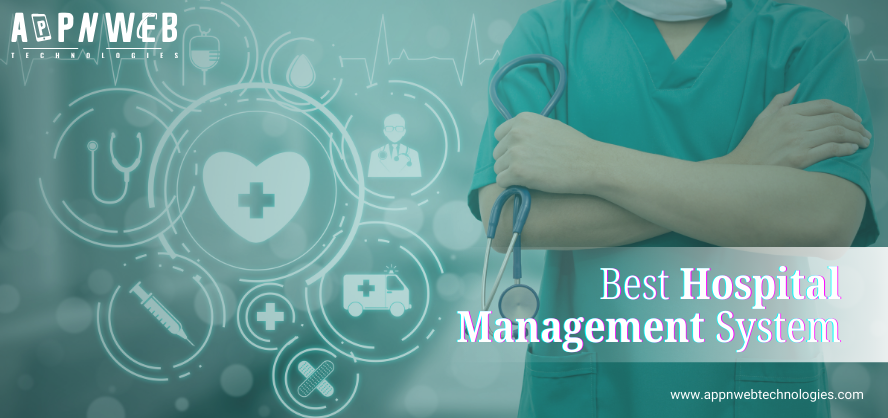
Scalability: Select software which can be expanded in future to meet the future requirements or new units of the hospital.
User-Friendliness: Complex systems are a source of frustration for users. A clear, meaningful user interface enhances efficiency and discourages users from refusing its implementation.
Integration Capabilities: Ideally, the software should be easily integrated with other hospital systems so that one does not end up with lots of disparate systems.
Customization and Support: A product that is developed around a set of particularities of a certain hospital’s work schedule, in addition to guaranteed support from the vendors, will greatly improve the overall implementation outcome.
By evaluating the multiple vendors and asking strategic questions healthcare administrators can determine a system that will be fit for their specific healthcare facility.
Future of Hospital Management Software
The next upsurge of hospital management software will be artificial intelligence and machine learning, along with telemedicine. The use of predictive analytics will help hospitals to know in advance what patients may require, or when patients have not needed their services, then hospitals will find better ways of serving those patients, and also better ways of managing resources in the hospitals. Also, mobile application usage will be more significant because people will be able to receive healthcare services from any place and healthcare services will become more open to everyone.
As hospital management software continues to develop in the future, it will play a great role in improving and enhancing patient care as well as organisation of healthcare services.
Conclusion
Managing and controlling hospital software is one of the most essential factors that contribute to substantial effectiveness of creation and functioning of healthcare organisations. With a robust hospital management software in place, healthcare providers can focus on their primary mission: focused on the improvement of its health care services, as well as on providing the highest quality of patient care. In the face of continuing advancements in health technology, modern hospitals are well placed to harness the power of comprehensive, scalable, and adaptable hospital management software packages.
Thanks for reading!
Have a project in mind? Schedule a free consultation today.
Get StartedNeed Expert Development Services?
You have spent quite some time on this page while seeking a suitable technology partner.


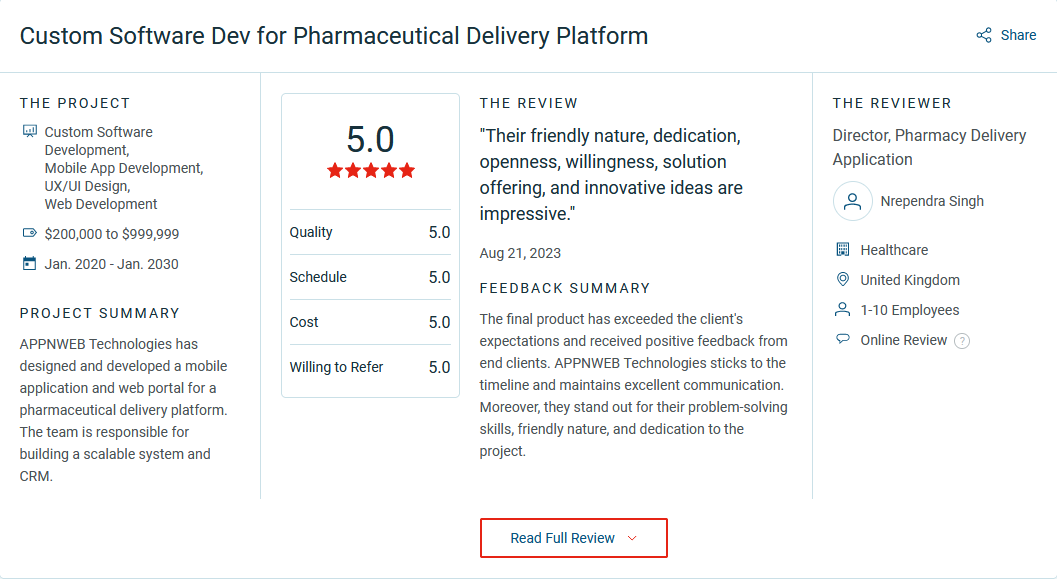
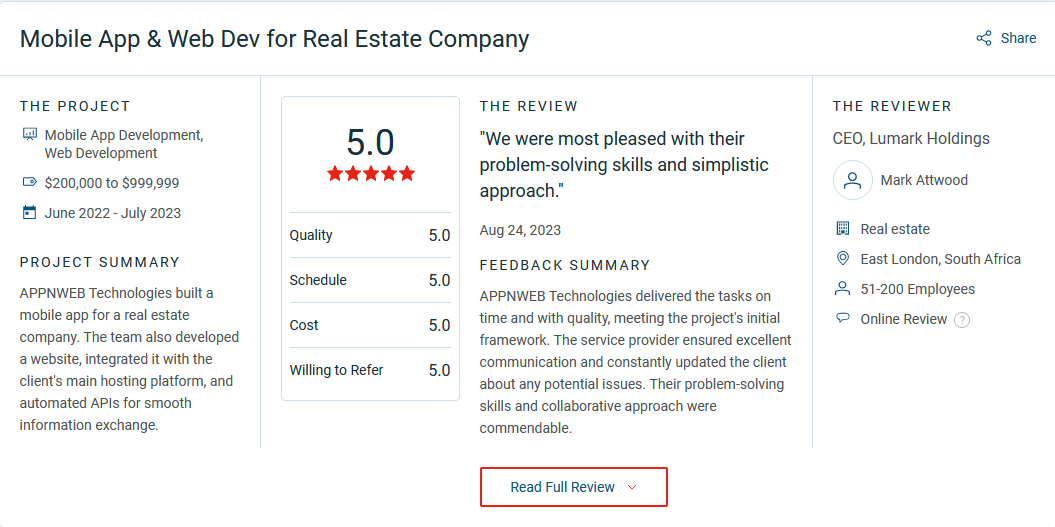
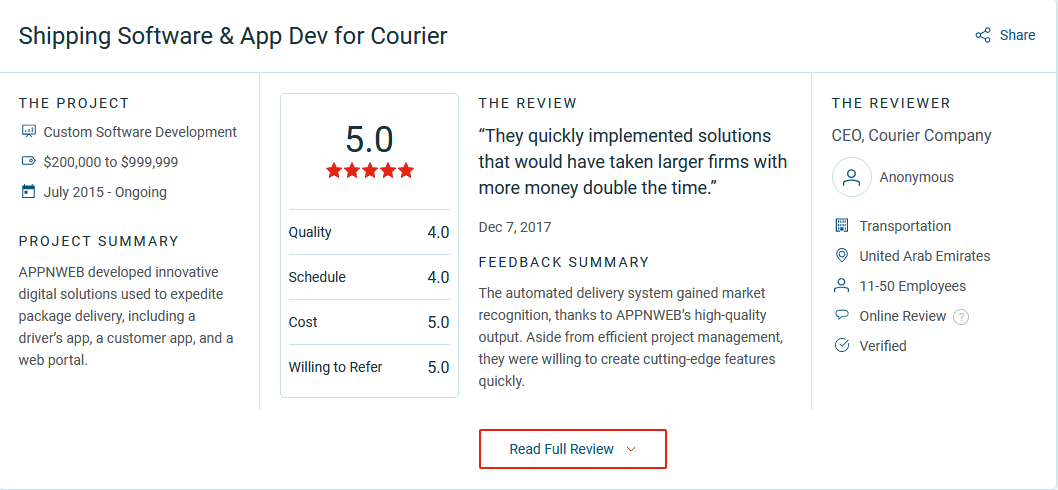
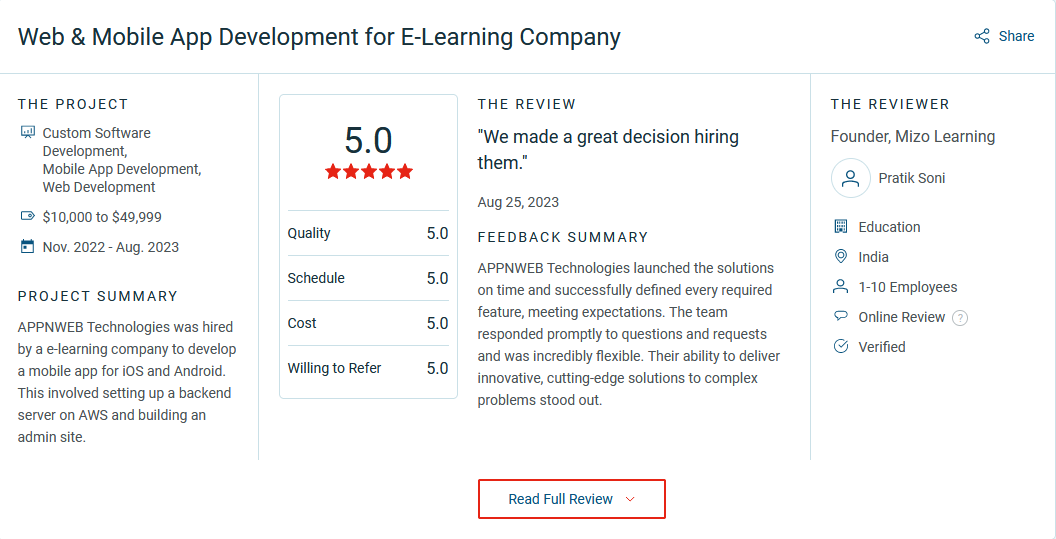
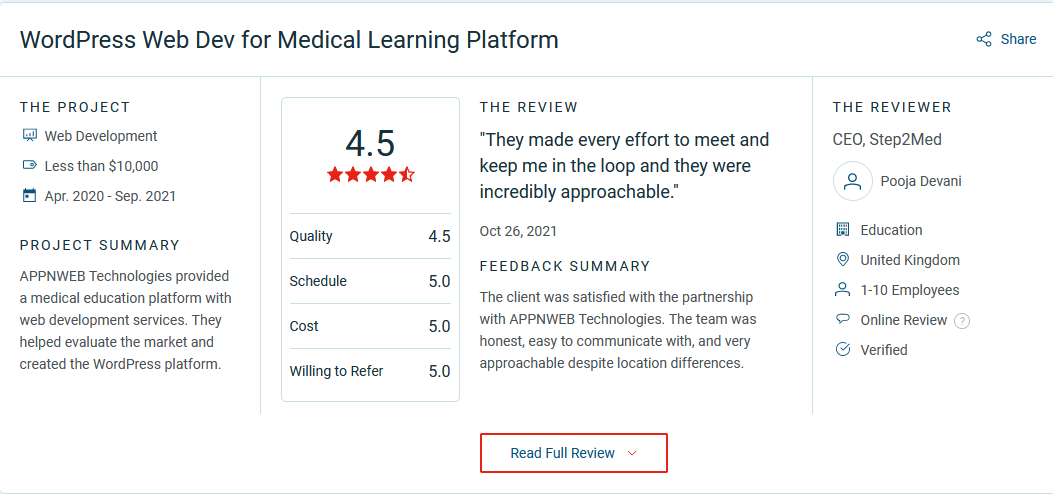












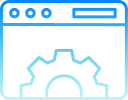 Hire Craft CMS Developers
Hire Craft CMS Developers
 Hire Flutter Developers
Hire Flutter Developers
 Hire Blockchain Developer
Hire Blockchain Developer
 Hire WordPress Developer
Hire WordPress Developer
 Hire Magento Developer
Hire Magento Developer
 Hire Laravel Developers
Hire Laravel Developers
 Hire SaaS Developers
Hire SaaS Developers
 Hire Shopify Developer
Hire Shopify Developer
 Hire the Best Android Developer
Hire the Best Android Developer
 Hire PHP Developer
Hire PHP Developer
 Hire the Top 3% of Java Developers
Hire the Top 3% of Java Developers
 Hire Fully Vetted Angular Developers
Hire Fully Vetted Angular Developers
 Hire ReactJS Developers in India
Hire ReactJS Developers in India
 Hire iOS Developers in India
Hire iOS Developers in India
 Hire React Native Developers
Hire React Native Developers
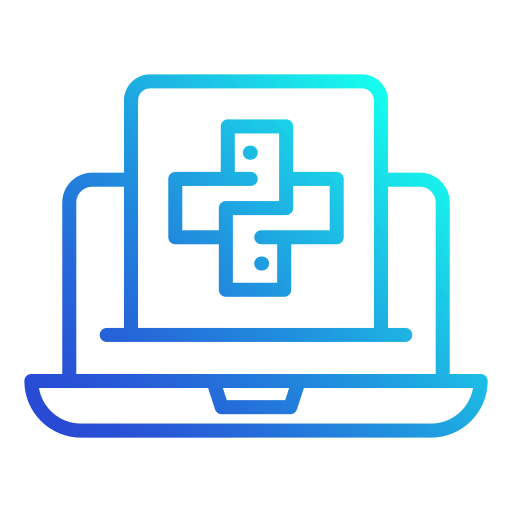 Hire Python Developers
Hire Python Developers









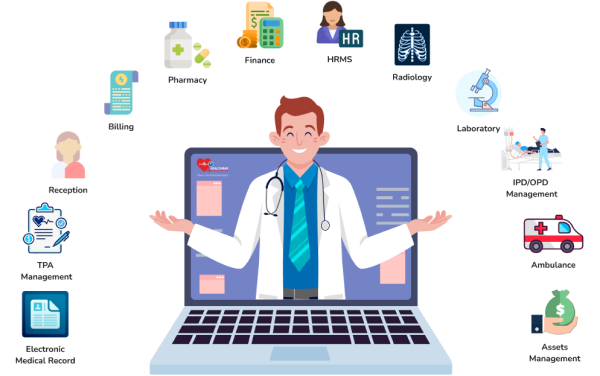







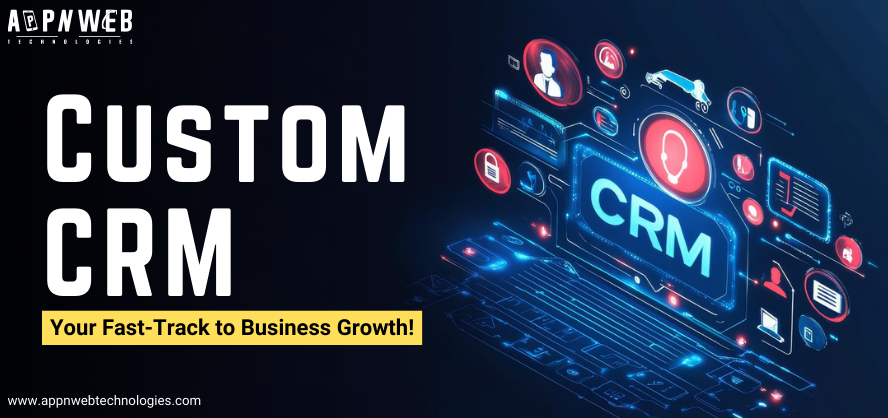

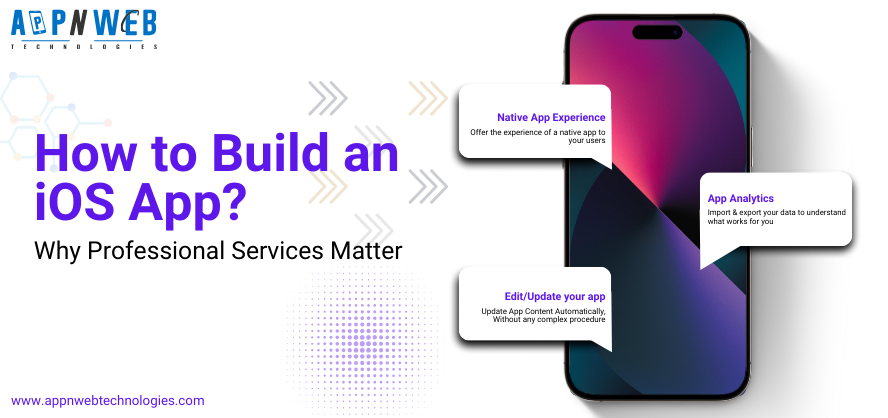





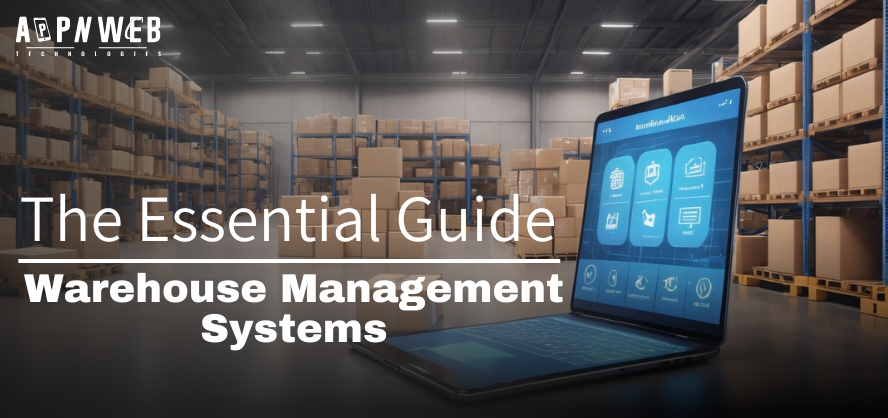

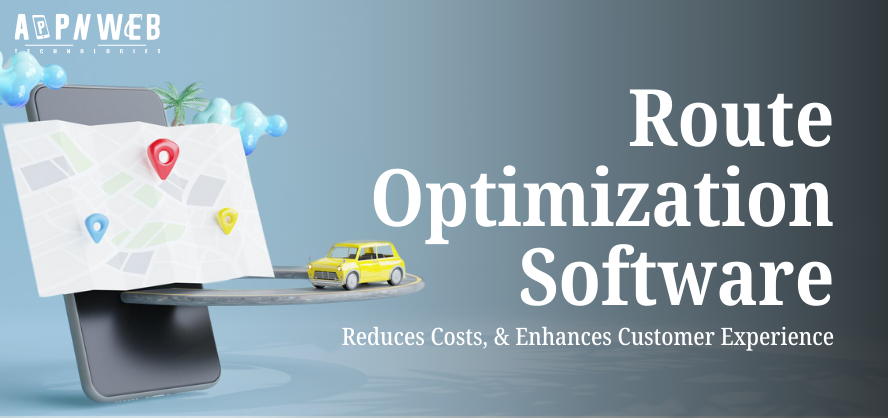



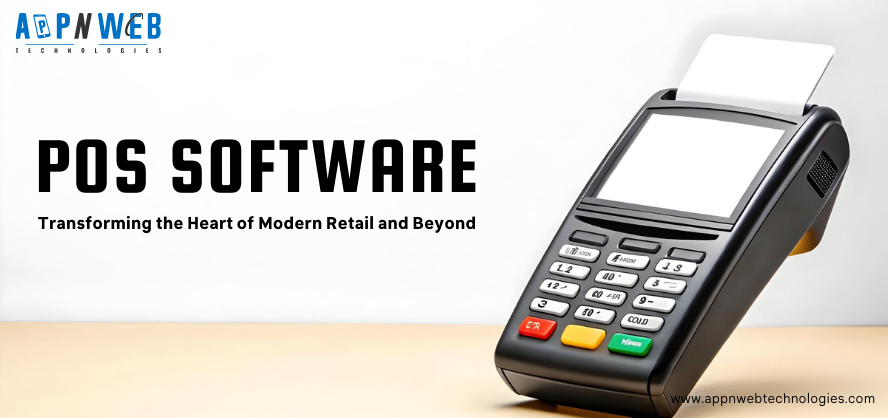
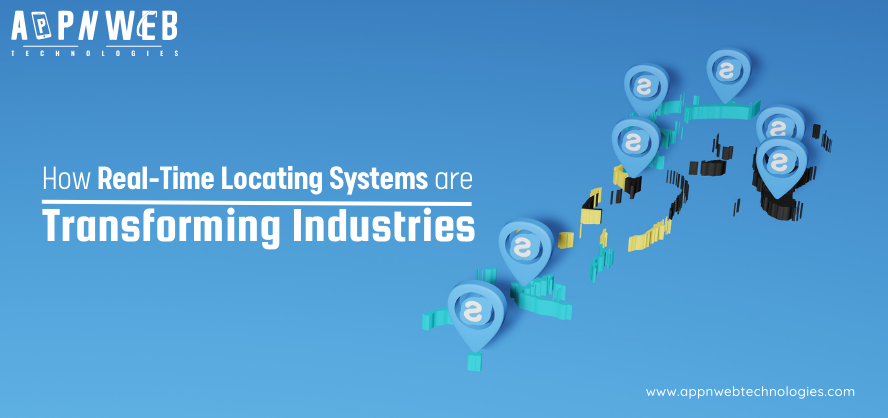
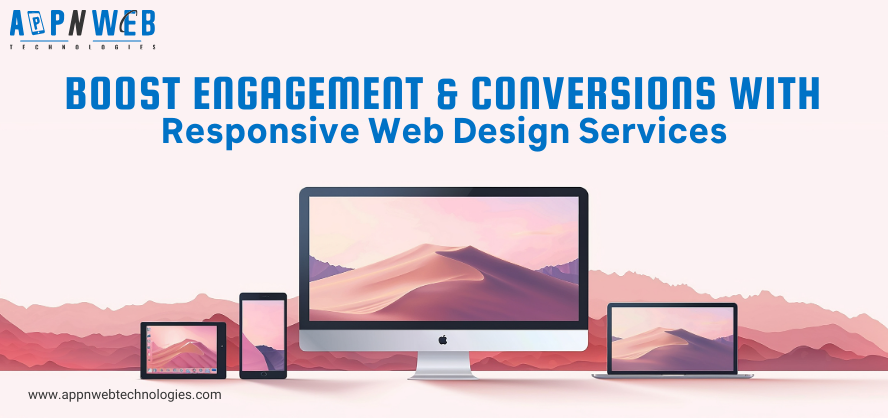



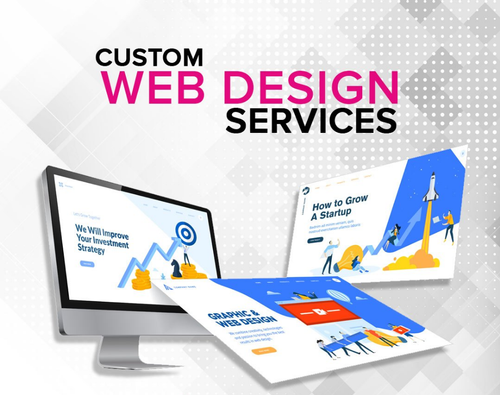
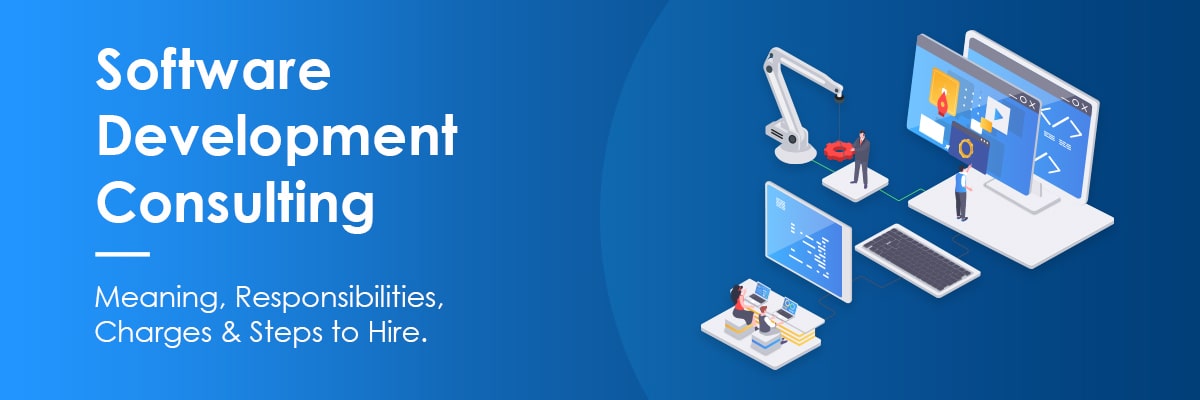
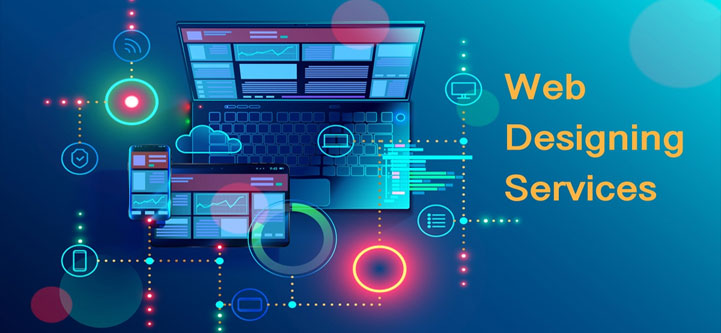

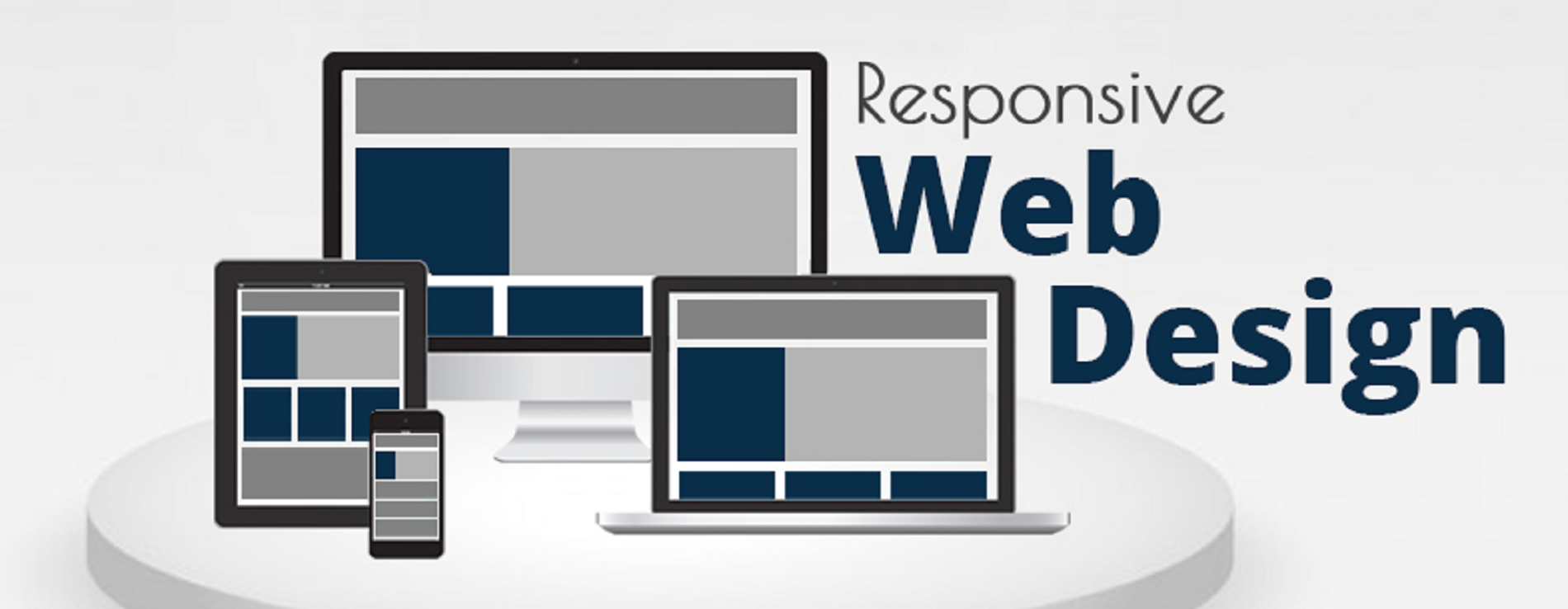









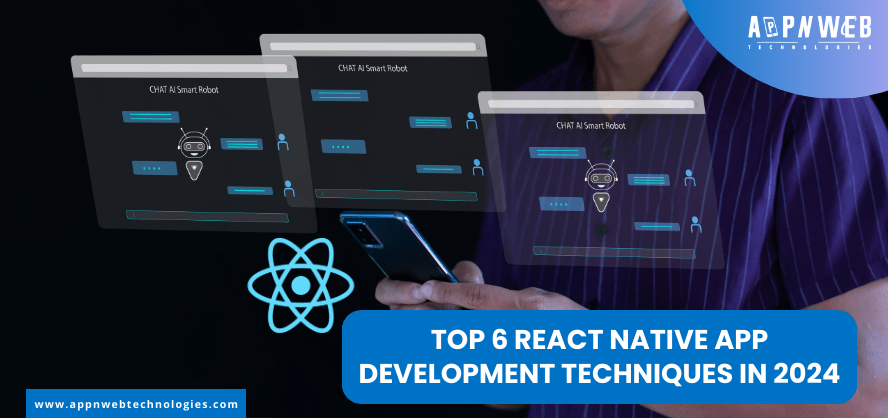

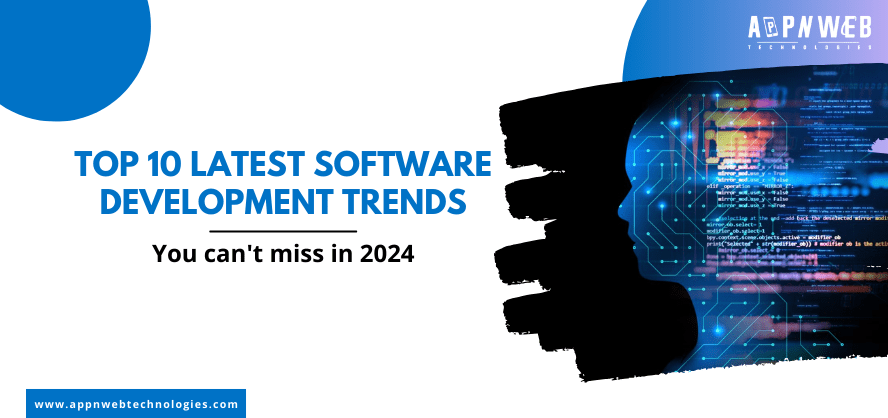




.svg)






